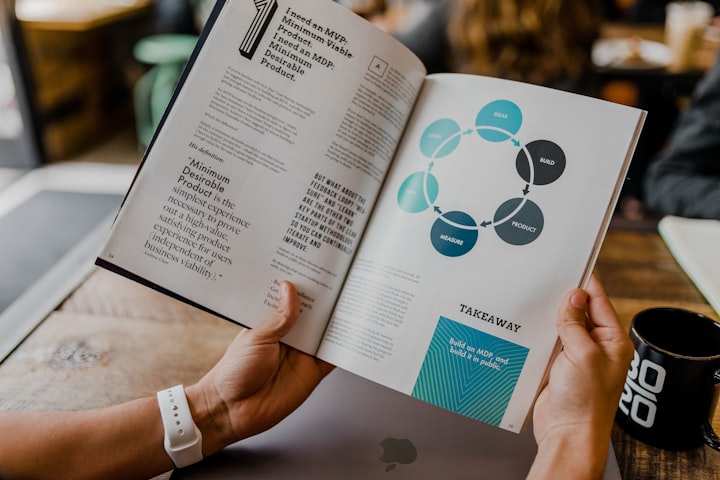
Introduction:
We live in a world driven by consumerism, where enticing advertisements and tempting offers surround us. It's no wonder that impulse buying has become a common phenomenon, often leaving us with regret and financial strain. But fear not! In this article, we delve into the fascinating psychology of spending and reveal actionable strategies to conquer impulse buying, empowering you to save more and achieve your financial goals. Join us on this journey of self-discovery and take control of your spending habits!
The Impulse Buying Temptation: Understanding the Pull
Impulse buying is the spontaneous urge to make purchases without careful consideration. To understand why we fall prey to it, we must examine the underlying psychological factors at play. We'll explore concepts such as emotional triggers, social influence, and instant gratification. By delving into the psychology behind impulse buying, we gain valuable insights into our own behaviors.
Example: Sarah, a young professional, frequently finds herself browsing online shopping websites during her lunch breaks. She often succumbs to the allure of limited-time discounts and ends up with items she didn't really need. Reflecting on her behavior, she realizes that shopping provides a temporary escape from work-related stress and boosts her mood momentarily.
Unmasking the Emotional Triggers: Identifying Your Weak Points
Emotional triggers play a significant role in our spending habits. By identifying our personal triggers, we can become more mindful of them and take proactive steps to avoid falling into the impulse buying trap. We'll explore common emotional triggers such as stress, boredom, and the fear of missing out (FOMO), and discuss strategies to mitigate their influence.
Example: John often indulges in retail therapy whenever he feels down. He notices that after a particularly stressful day at work, he finds solace in buying new gadgets or clothes. By recognizing this pattern, John decides to explore healthier coping mechanisms, such as exercise or engaging in hobbies, to alleviate stress without resorting to impulsive purchases.
The Power of Mindful Spending: Cultivating Financial Consciousness
Mindful spending is the art of aligning our purchases with our values and long-term goals. By adopting this approach, we can curtail impulsive spending and make intentional choices that bring us closer to financial freedom. We'll discuss practical strategies such as setting budgets, creating spending guidelines, and embracing the concept of delayed gratification.
Example: Lisa dreams of traveling the world, but her impulse purchases prevent her from saving enough for her desired adventures. She decides to create a visual reminder of her dream by setting up a travel vision board. Every time she feels the urge to make an impulsive purchase, she looks at the board and reminds herself of the experiences she truly desires, reinforcing her commitment to mindful spending.
Building Resilience: Navigating the Temptation Minefield
Resisting impulse buying requires resilience and self-discipline. We'll explore techniques to strengthen our willpower, such as implementing cooling-off periods before making significant purchases, practicing self-reflection, and surrounding ourselves with a supportive community. By building resilience, we can stay on track and make conscious spending decisions aligned with our long-term goals.
Example: Michael, a self-proclaimed tech enthusiast, struggles to resist the temptation of the latest gadgets. To overcome this, he joins an online community of like-minded individuals who share their experiences and strategies for mindful spending. Being part of this supportive network helps him stay accountable and reminds him of the bigger picture—achieving financial stability.
Conclusion:
By understanding the psychology of spending and taking proactive steps to overcome impulse buying, we can regain control of our finances and set ourselves on the path to achieving financial freedom. Remember, it's a journey that requires self-awareness, resilience, and a commitment to mindful choices. Embrace the power within you to transform your spending habits, and watch as your savings grow, bringing you one step closer to your dreams. Let's embark on this inspiring and empowering journey together!





Comments
There are no comments for this story
Be the first to respond and start the conversation.